English
繁體中文
简体中文
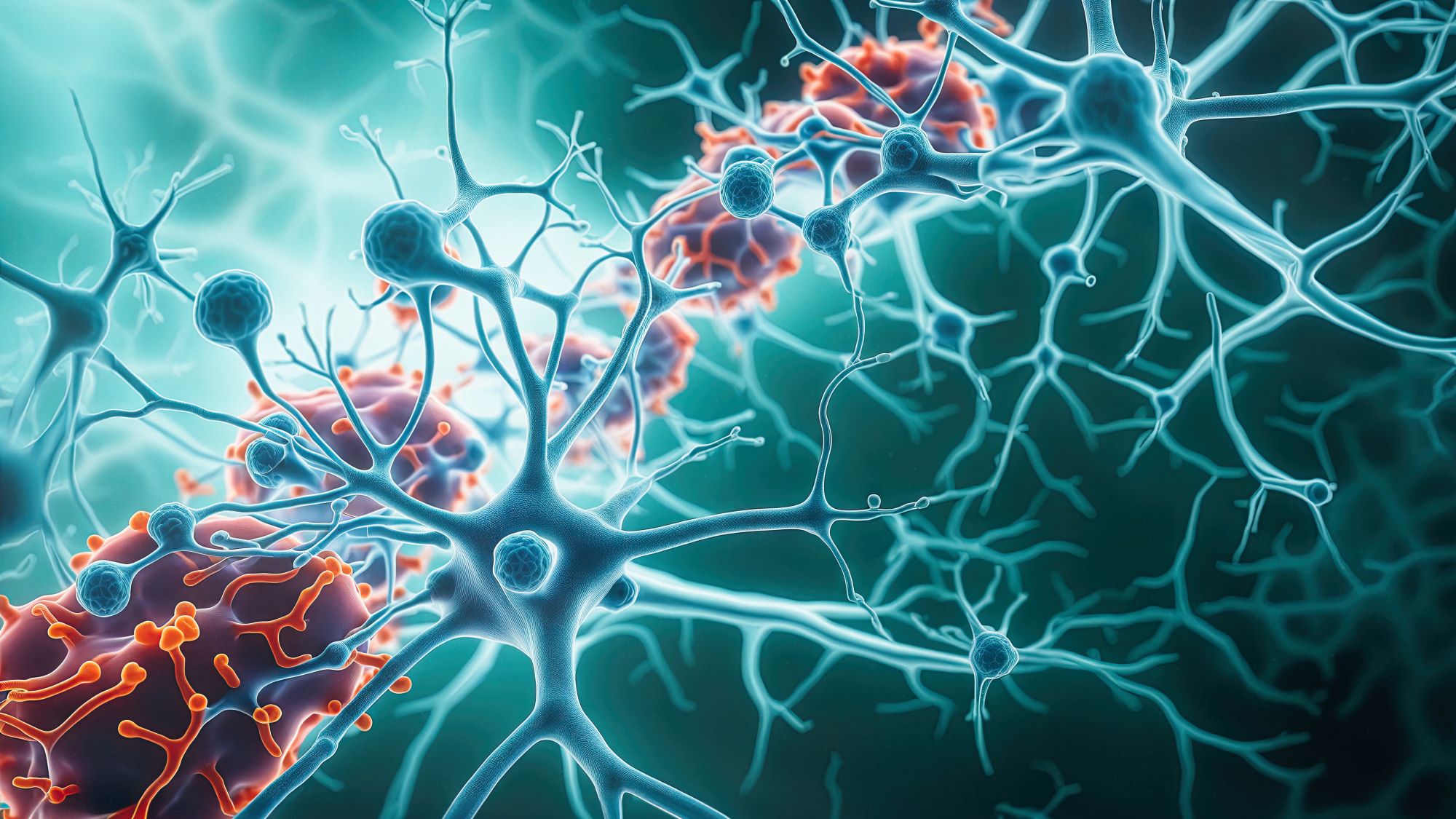
Huntington’s Disease, a cruel genetic curse that robs individuals of control over their own bodies, has long remained a therapeutic enigma. Recently, CUHK researchers may have unlocked a critical piece of the puzzle. By identifying PAPD5 as a key culprit in neuronal damage and showcasing the potential of the BCH001 inhibitor, they are opening a promising new chapter in the fight against this devastating condition.
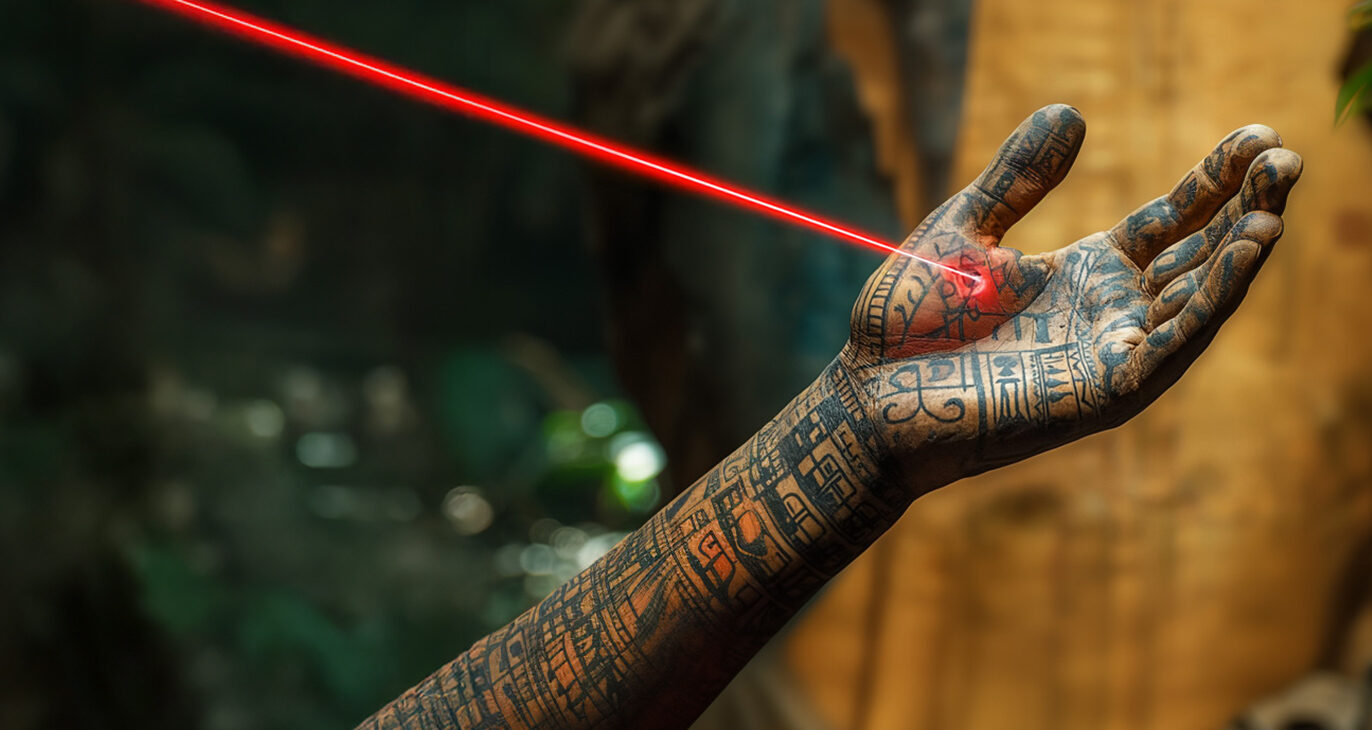
An ancient society, by some measures, may have been more advanced in tattooing than we are today. A recent CUHK-led study has revealed incredibly intricate tattoos, with details as fine as 0.1-0.2 mm, on 1,200-year-old mummified remains from Peru’s Chancay culture. Using laser-stimulated fluorescence technology – a technique originally developed to study dinosaur fossils – the research illuminates the artistic sophistication of this ancient civilisation.

Some of CUHK’s stellar stars have received recognition that they richly deserve. Profes-sor Edward Ng Yan-yung has been honoured with the Luke Howard Award, our student teams have triumphed at the iGEM competition, winning gold and silver medals, and sev-eral of our scholars have been named Highly Cited Researchers 2024. Found out more about these inspiring accomplishments.
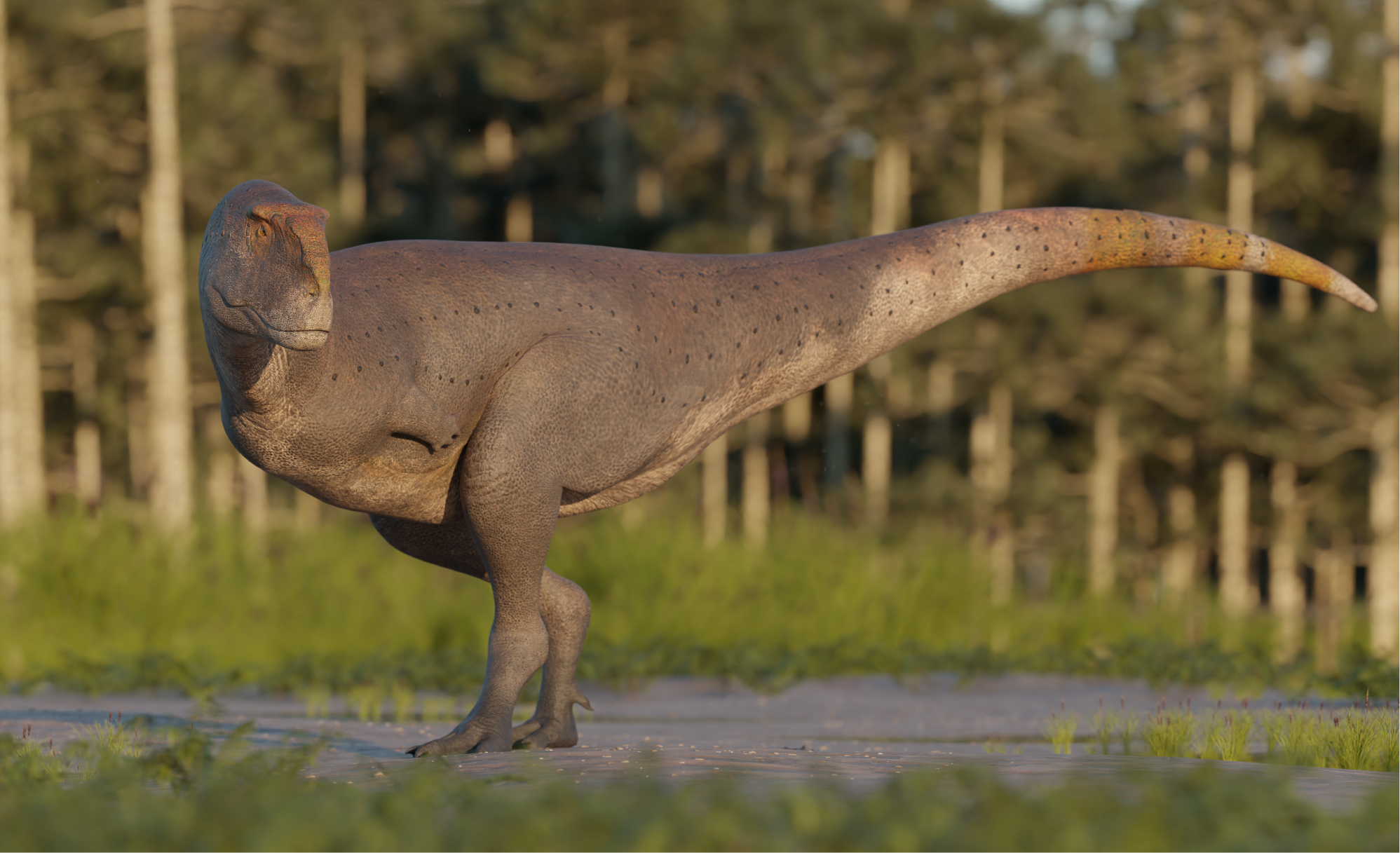
It’s not often that a new species of abelisaurid dinosaur gets discovered – the habitat of the famous Carnotaurus hasn’t yielded another abelisaurid since it was found 40 years ago – but that’s exactly what a CUHK-led team has just done. The extensive set of bones they found in South America come from Koleken inakayali, an agile apex predator that inhabited the ancient southern supercontinent of Gondwana 60-plus million years ago. The discovery sheds light on how predatory dinosaurs evolved and shows that more than one top predator lived side by side in Late Cretaceous ecosystems.

It’s not often that a new species of abelisaurid dinosaur gets discovered – the habitat of the famous Carnotaurus hasn’t yielded another abelisaurid since it was found 40 years ago – but that’s exactly what a CUHK-led team has just done. The extensive set of bones they found in South America come from Koleken inakayali, an agile apex predator that inhabited the ancient southern supercontinent of Gondwana 60-plus million years ago. The discovery sheds light on how predatory dinosaurs evolved and shows that more than one top predator lived side by side in Late Cretaceous ecosystems.

Imagine being trapped in a freezing body from head to toe, losing the ability to move, speak and even breathe. ALS, a mysterious condition that causes these symptoms, has long puzzled researchers. CUHK and University of Oxford researchers have discovered our bodies work like an intricate symphony orchestrated by our genetic instructions. A transcription factor called Yin Yang 1 (YY1) is playing the wrong notes, potentially leading to ALS.
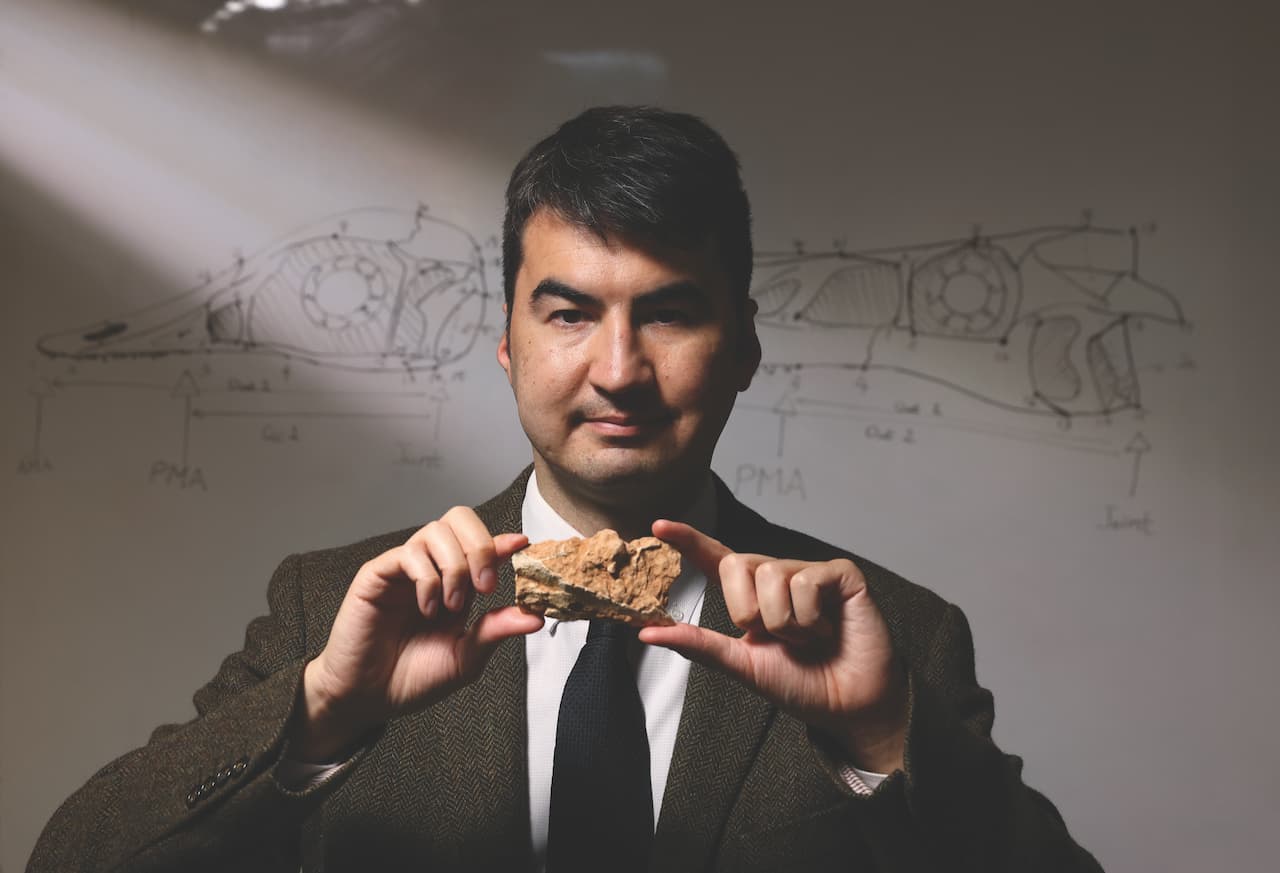
For the past 150 years, vertebrate palaeontologists have focused on the study of bones of dinosaurs and other prehistoric life. There are a lot of gaps to be filled in understanding prehistoric ecology, and the lack of data has given rise to speculations and myths. At CUHK, Professor Michael Pittman, a leading scientist in the field of vertebrate palaeontology, has been using innovative technology to revolutionise our understanding of pre-historic life.

Maybe you are one of the victims of a debilitating gastrointestinal disease, like gastric acid reflux or pathogen H pylori. When you are suffering from those diseases, you might wonder how bacteria which causes peptic ulcers can survive the acidic environment in your stomach? Besides risky invasive surgeries treating gastric acid reflux, is there an easier way getting rid of heartburn? You may be inspired by two recent CUHK breakthroughs.
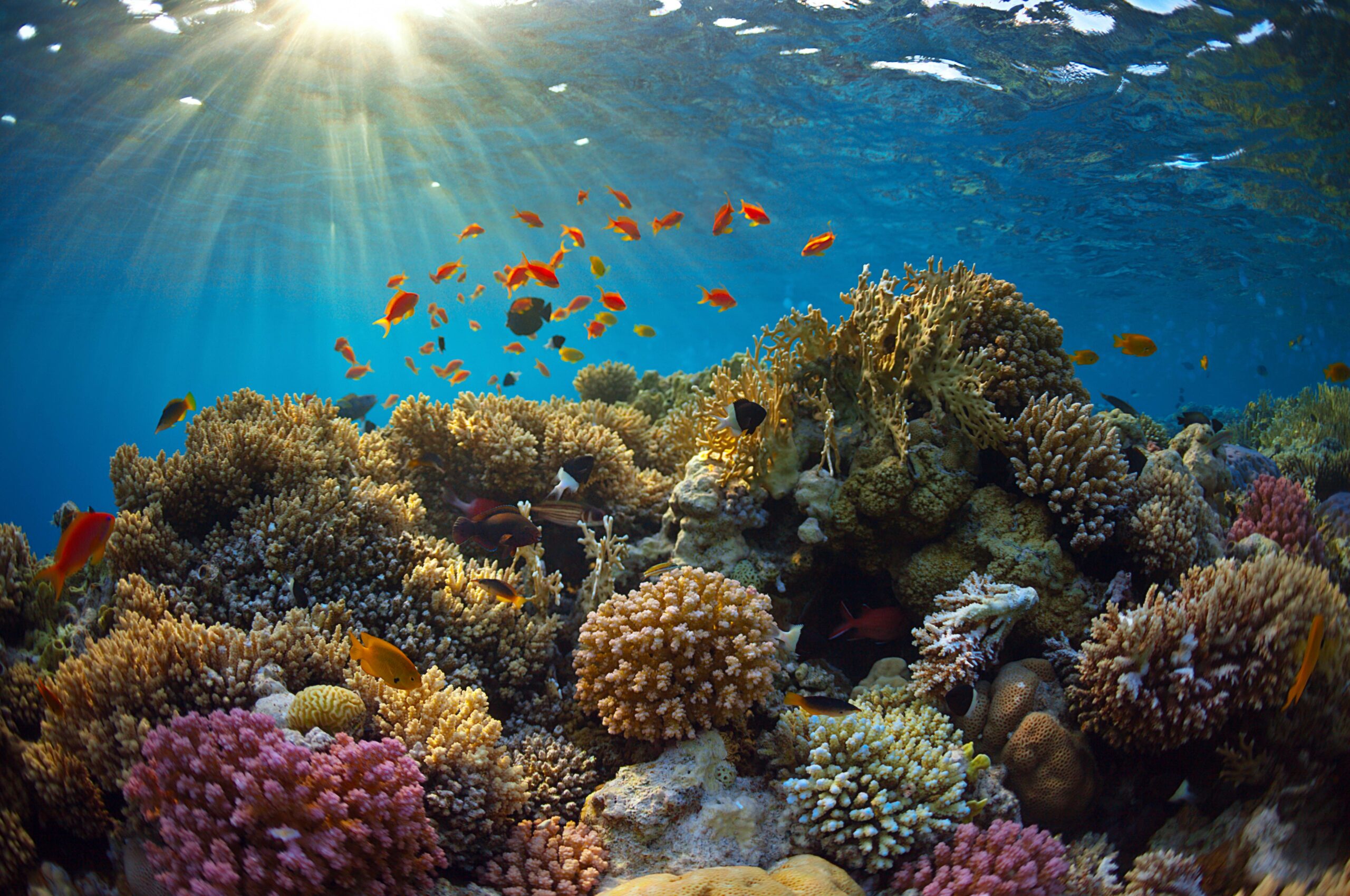
Brightly coloured, fractally shaped and home to a plethora of sea life: everyone loves coral. However, from the effects of climate change, pollution, overfishing to an increasingly populated planet – corals are under threat. CUHK scholar Dr Apple Chui Pui-yi is collaborating with the WWF to fight back on their behalf, with a coral rescue team that’s helping coral to flourish.
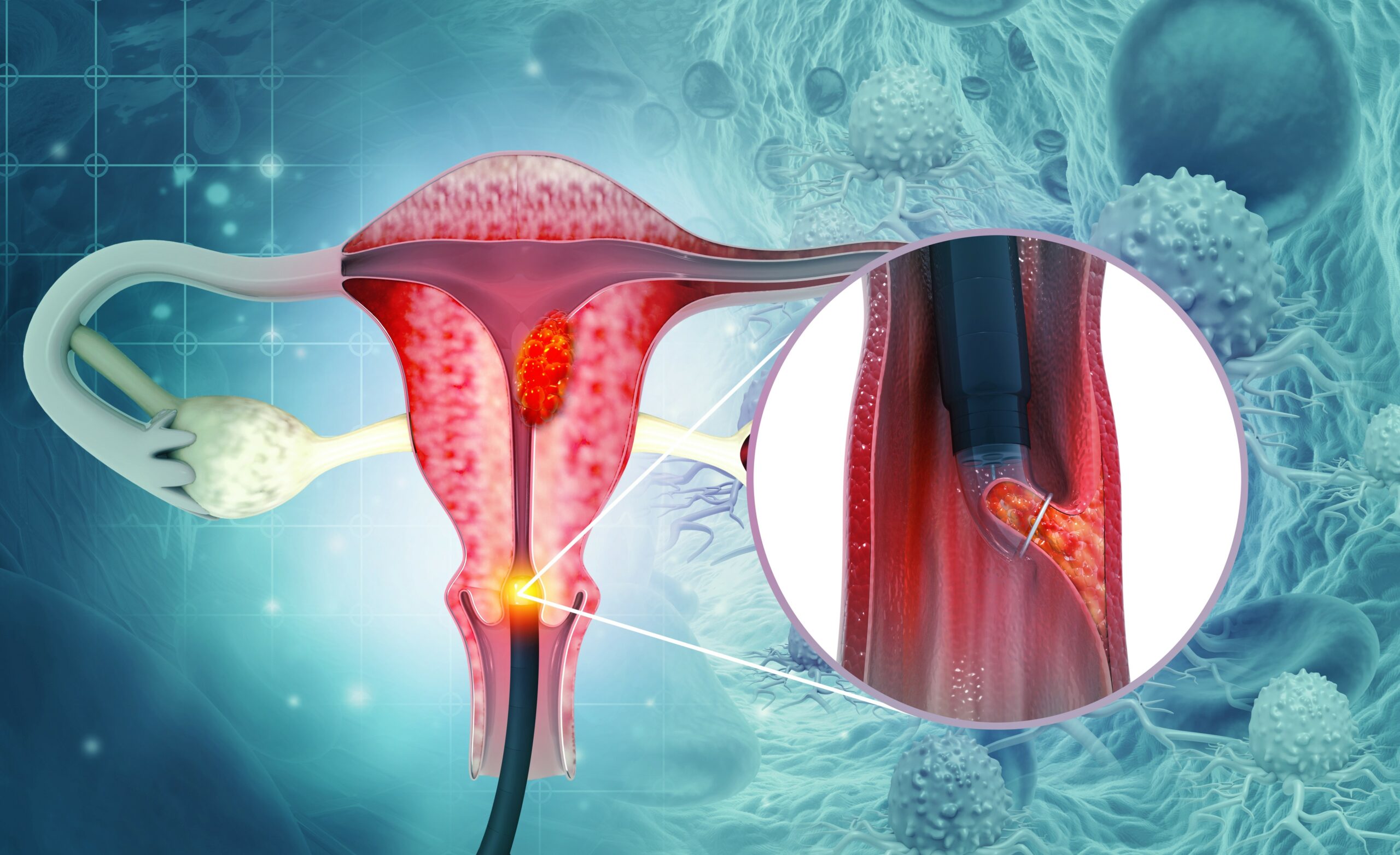
Cervical cancer kills hundreds of thousands of women around the world every year, but fear of embarrassment or inconvenience means some women refuse regular pap tests. A CUHK Biochemistry alumna is trying to revolutionise cervical cancer screen with a non-invasive technology that allows women to simply identify the disease in menstrual blood at home, using a sanitary napkin which is included in the self-test kit.
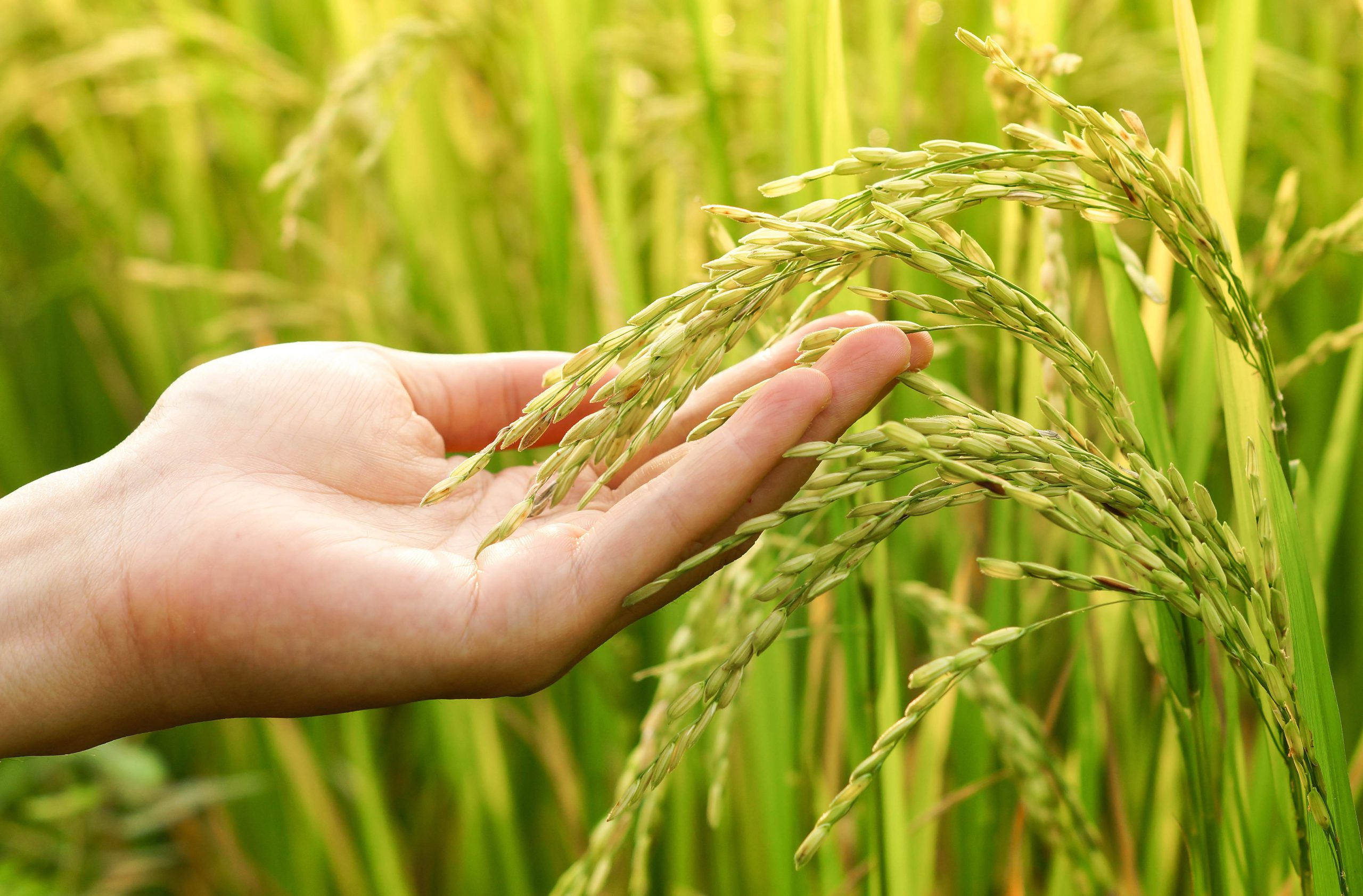
Just as with the artifacts and heritage of the lost and legendary Incan city of Machu Picchu, many places in the world lost facets of their cultures which are worth reviving and restoring. As other historians and anthropologists have done, a fervent CUHK scientist, works hard and reinvigorates what was always with us, to successfully track down and replant lost local rice with a unique genome, returning it to its place of value in the community.
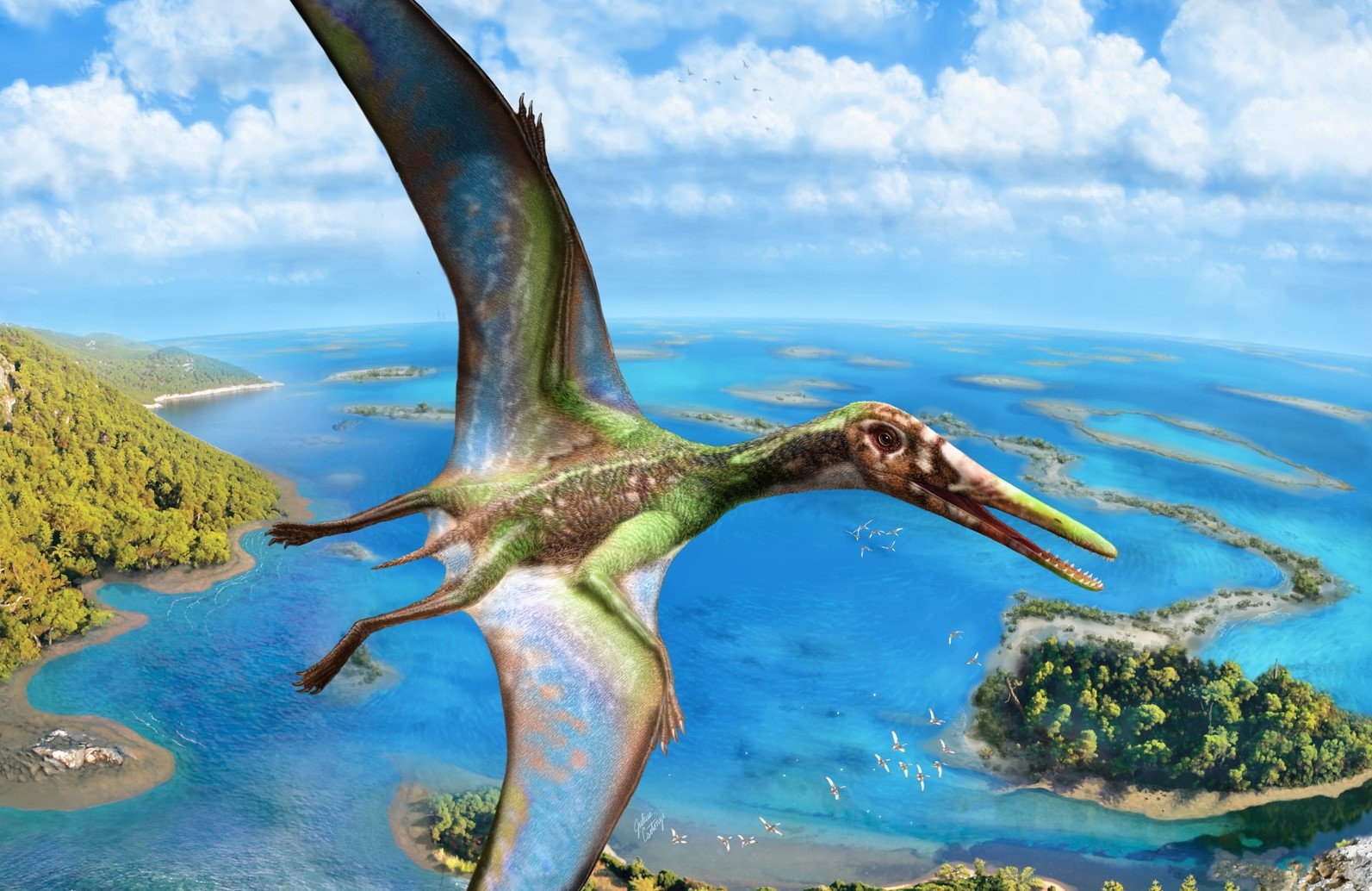
A CUHK palaeobiologist co-developed laser stimulated fluorescence imaging while pursuing how running dinosaurs evolved into flying birds. The technique revealed unseen fossilised tissues so well, it inspired a crossover to a completely different discipline, archaeology.
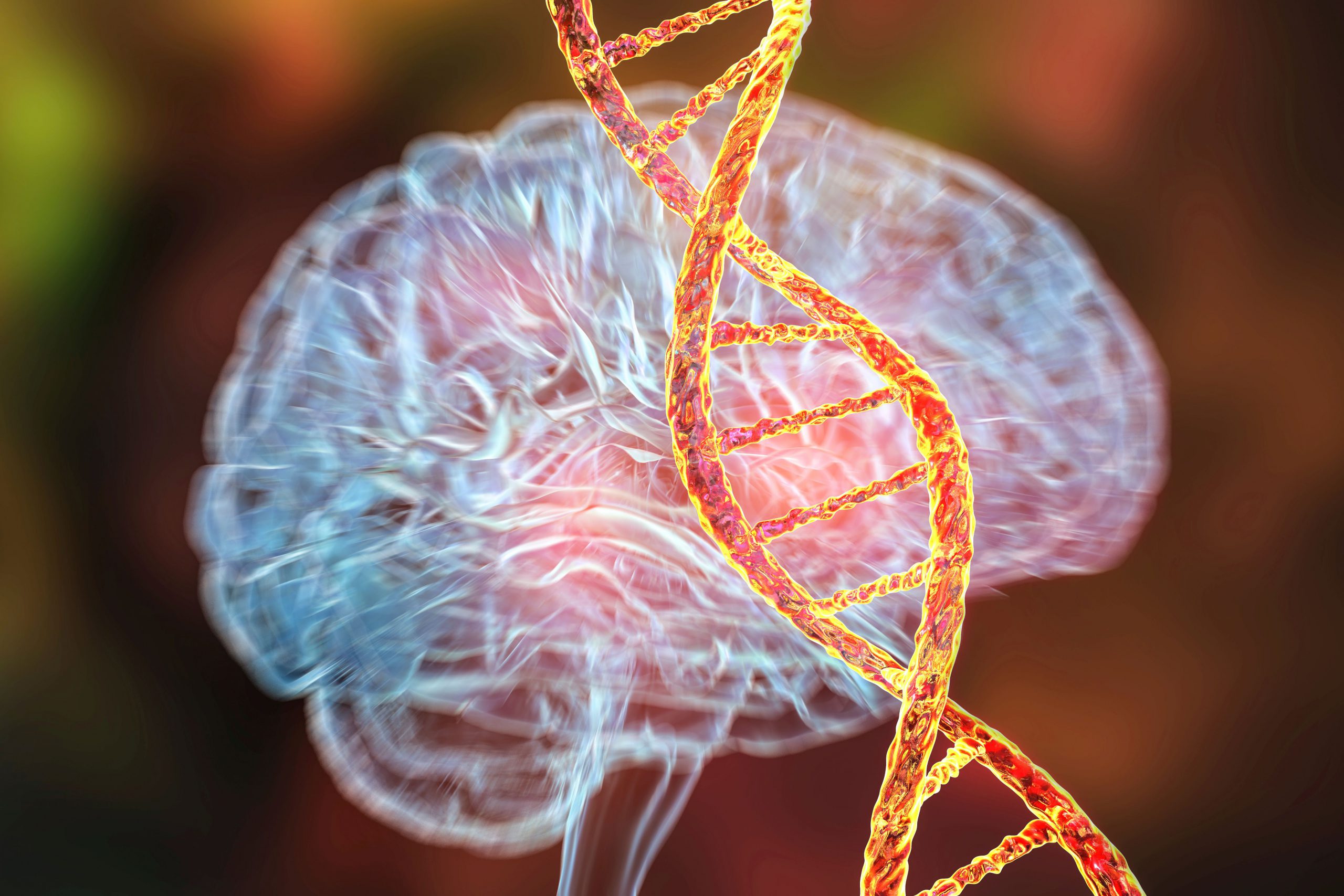
Professional dancers move with intention through rehearsed and controlled movements but there is a deadly genetic disorder, Huntington’s Disease, which forces the body into an uncontrolled unlovely dance from unpredictable muscle movements. Scientist from CUHK has worked a wonder in discovering a novel molecule compound potentially effective in treating the disease, by uncovering the culprit for the neuronal DNA damage.
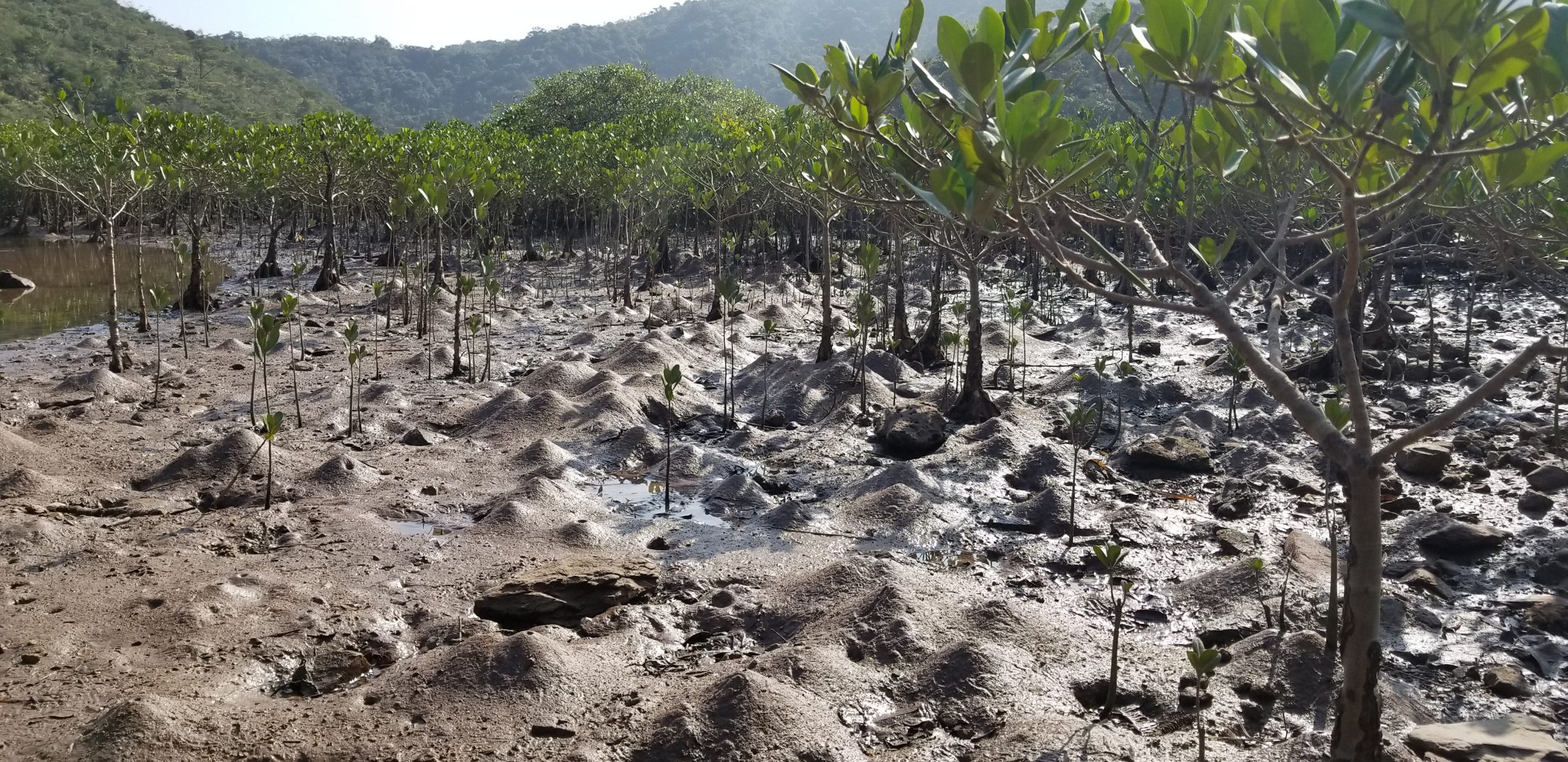
Mangrove forests need a healthy community of invertebrates to sustain their trees. But a study of mangroves worldwide suggests most suffer from “low functional diversity”. If one invertebrate species is lost, its functional role may not be filled by another species. The good news? Hong Kong’s small mangroves remain healthily diverse. The message? Understanding invertebrates’ diversity is crucial for the assessment and management of mangroves.
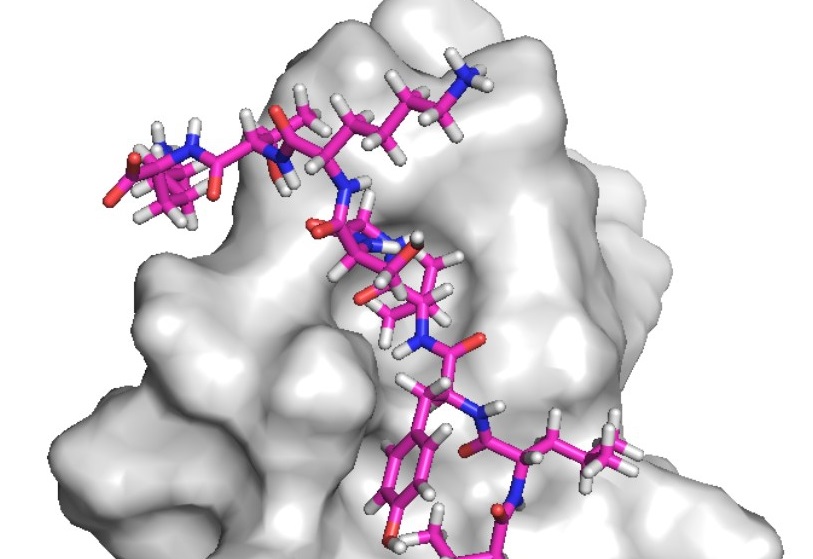
It began with a PhD student in a CUHK research team making a surprising discovery. A protein commonly found in humans can suppress the toxic protein in the brain that leads to loss of cognitive and motor functions. From this the team has developed a peptide inhibitor that can slow down deterioration in people with Parkinson’s disease and dementia.
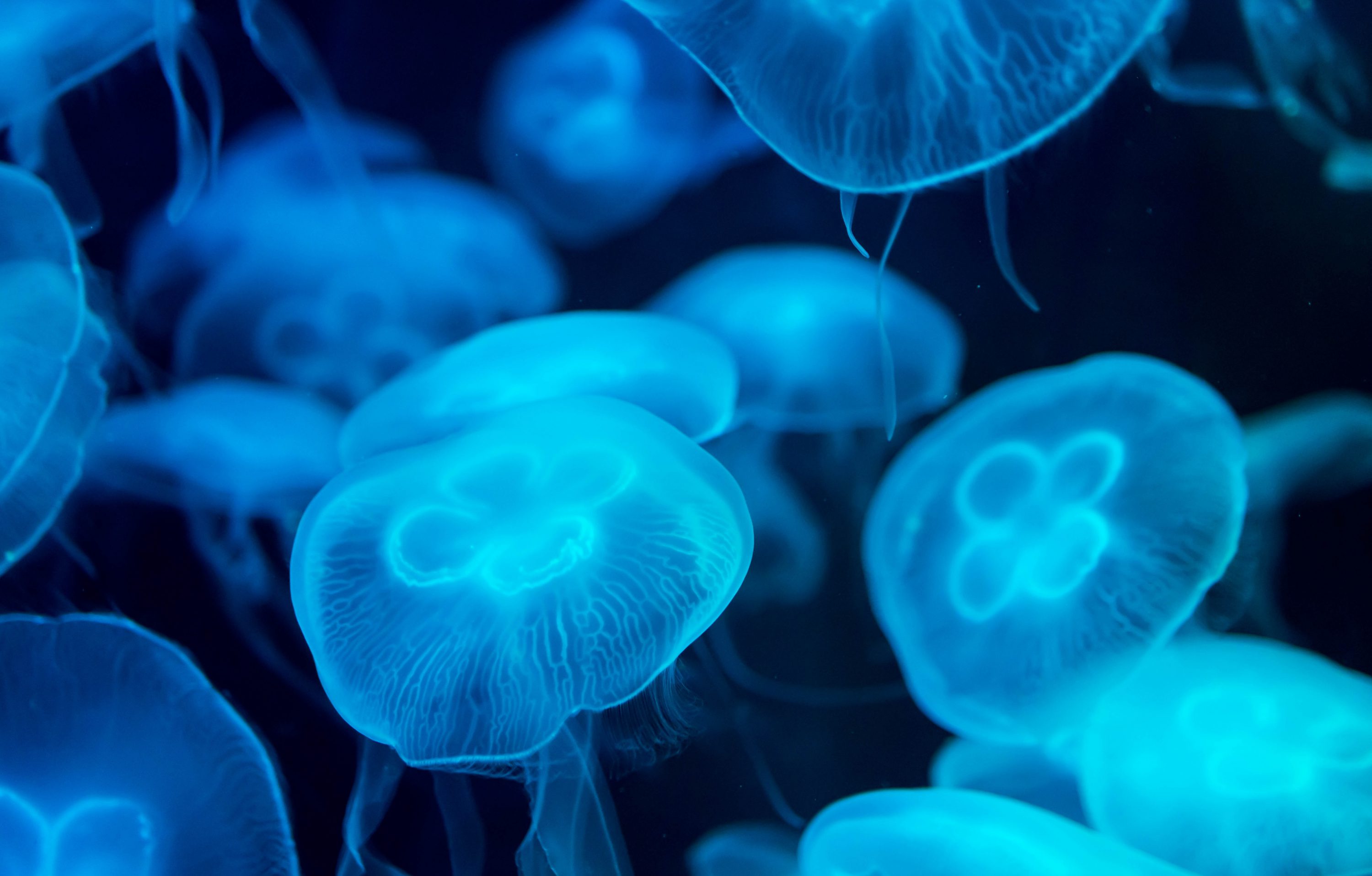
Of the jellyfish- not actually a fish - little is known about its evolution, reproduction, or feeding habits. For years CUHK researchers have dived deep into jellyfish genomes and decoded for the first time the high-quality genomes of two jellyfish commonly found in Asian waters, shedding new light on these translucent mysteries of the seas.
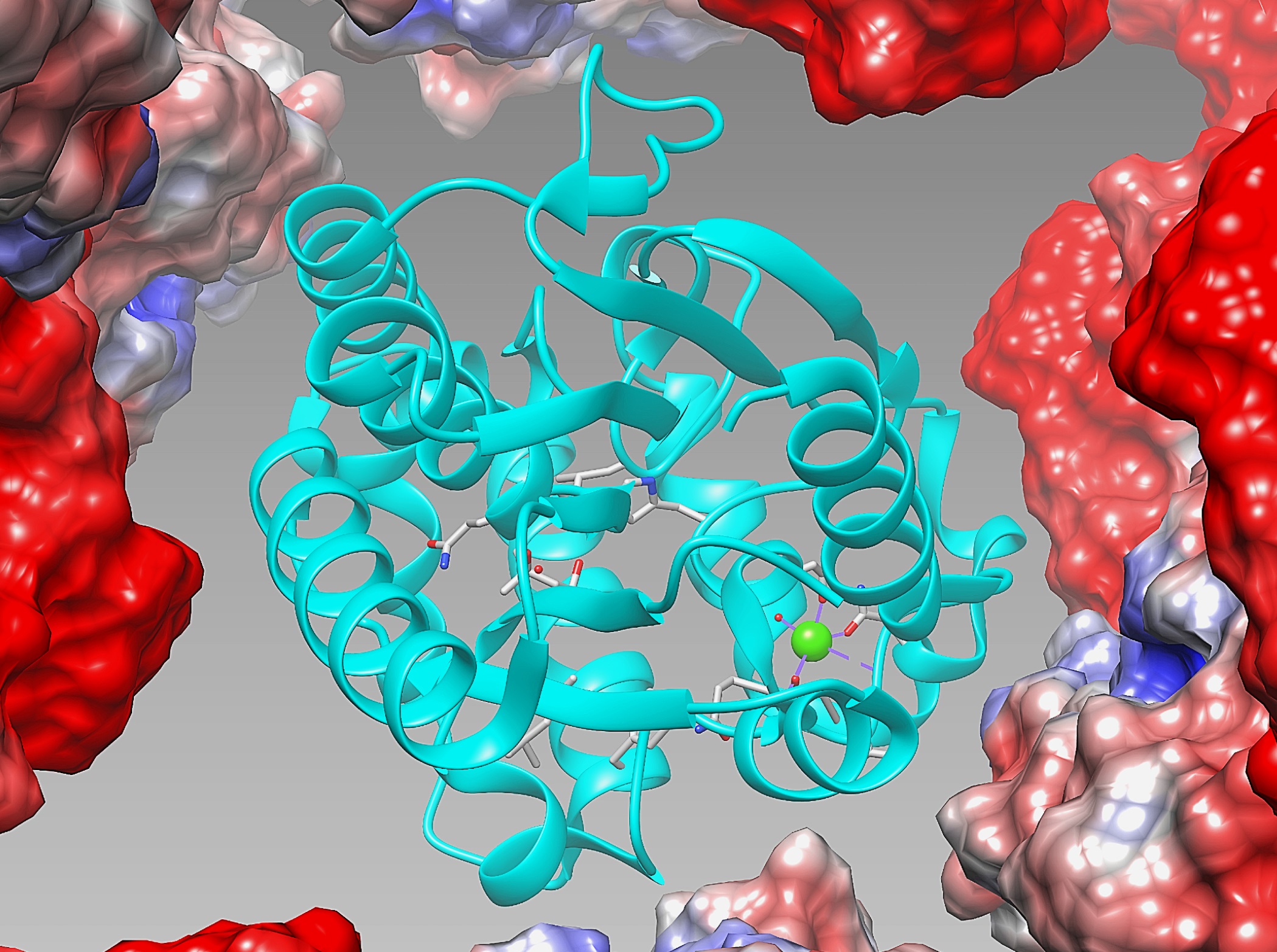
Biodiesel, always eco attractive, always ineligible because of the cost, has now been made an affordable fuel to put in your tank. Drivers will be able to fill up with a high value, low cost, low pollution biodiesel developed by a CUHK research team by extracting enzymes from bacteria in a simple process.
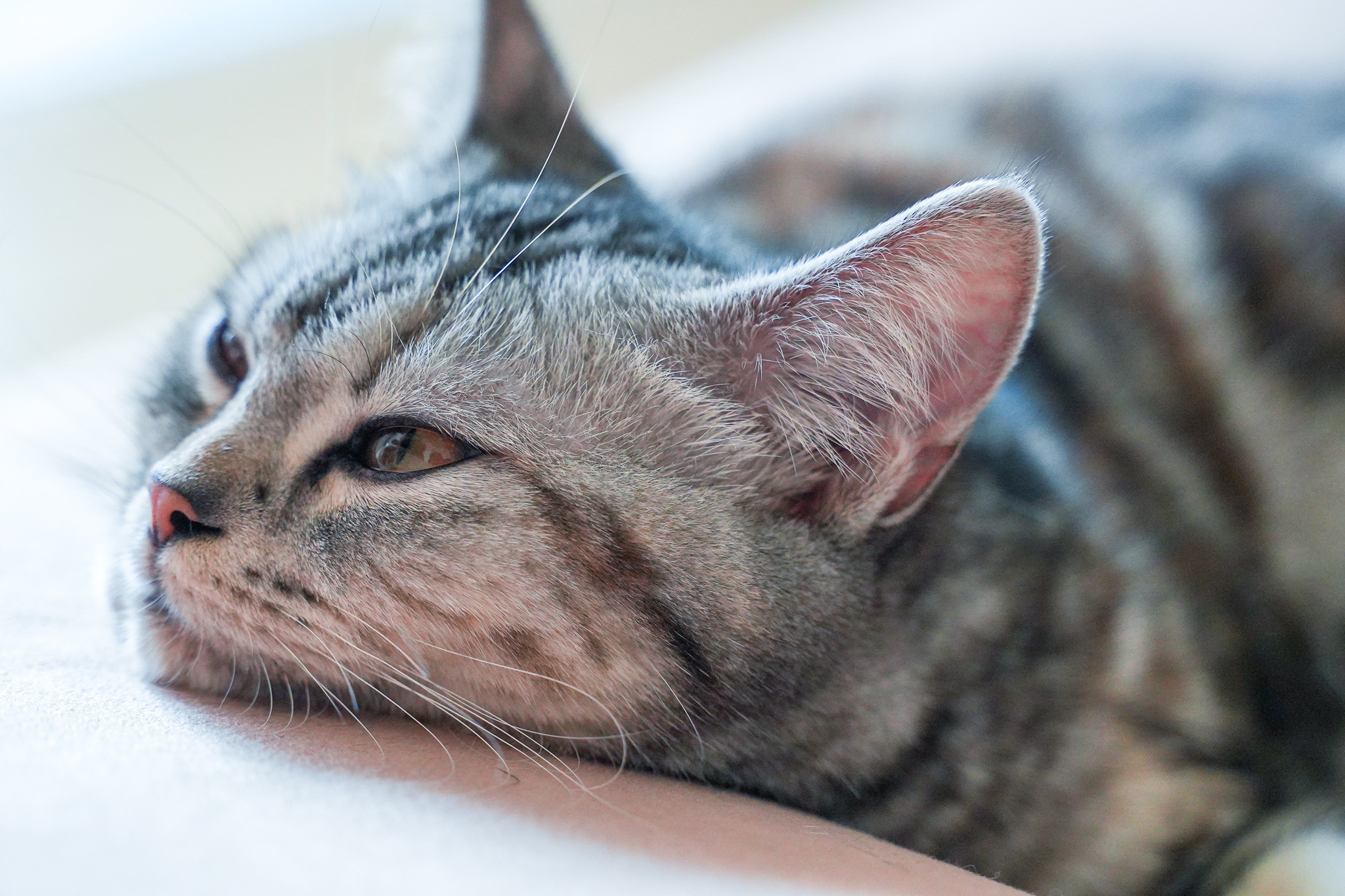
Thanks to “Senzu”, an American shorthair, and joint CUHK-Japanese research, precision veterinary medicine will be driven forward. Advanced genomic technology has produced a genome that is much more complete and genetically resembles modern cats more than the one that was published in 2007 from an Abyssinian, “Cinnamon”.
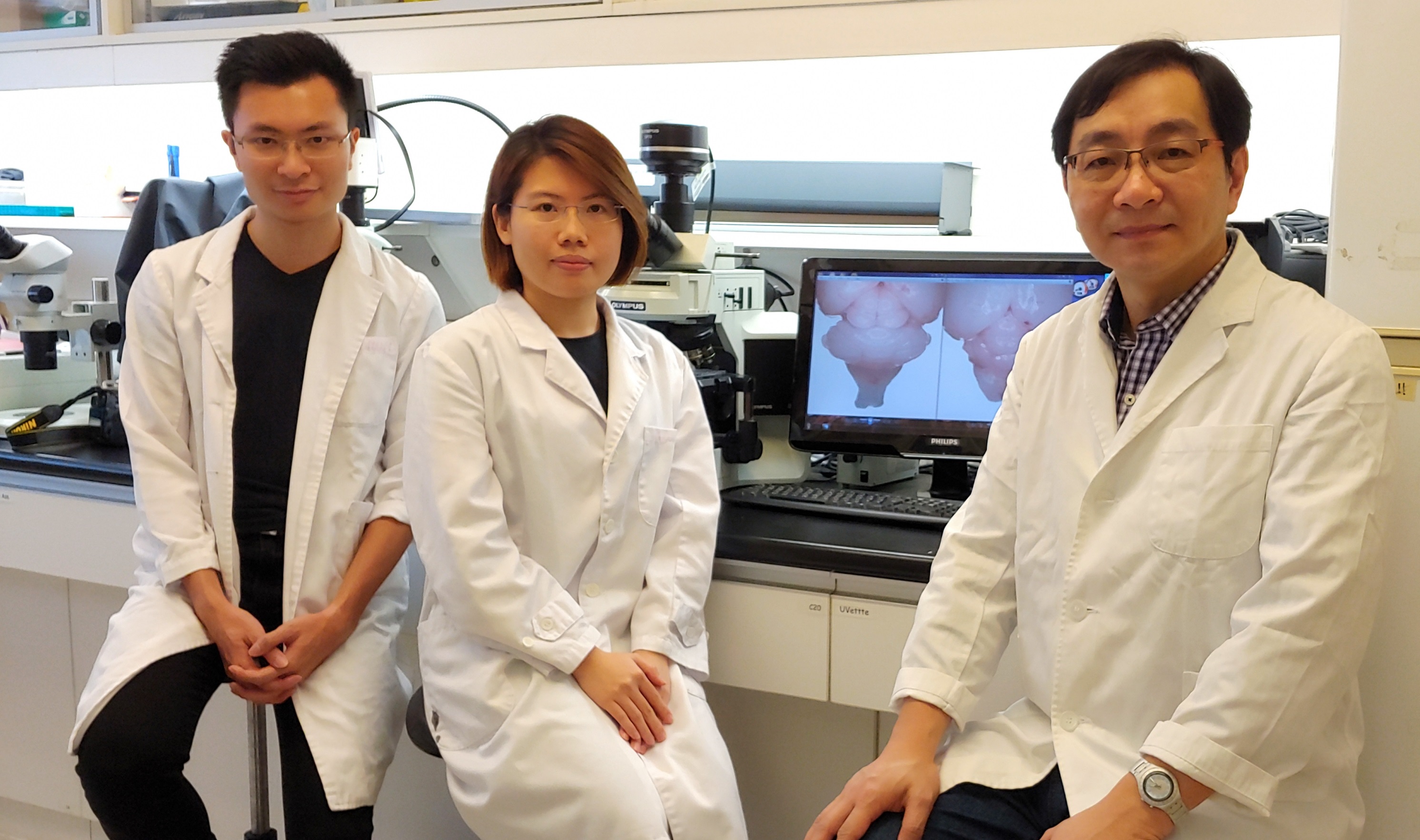
Doing something simple is how a CUHK researcher describes finding an essential mechanism to regulate alterations in neuron types that can harm the brain and cause neurological diseases. “By simply adjusting the strength of certain extrinsic signaling cues……” he says, and there lies an important path into stem cell biology.